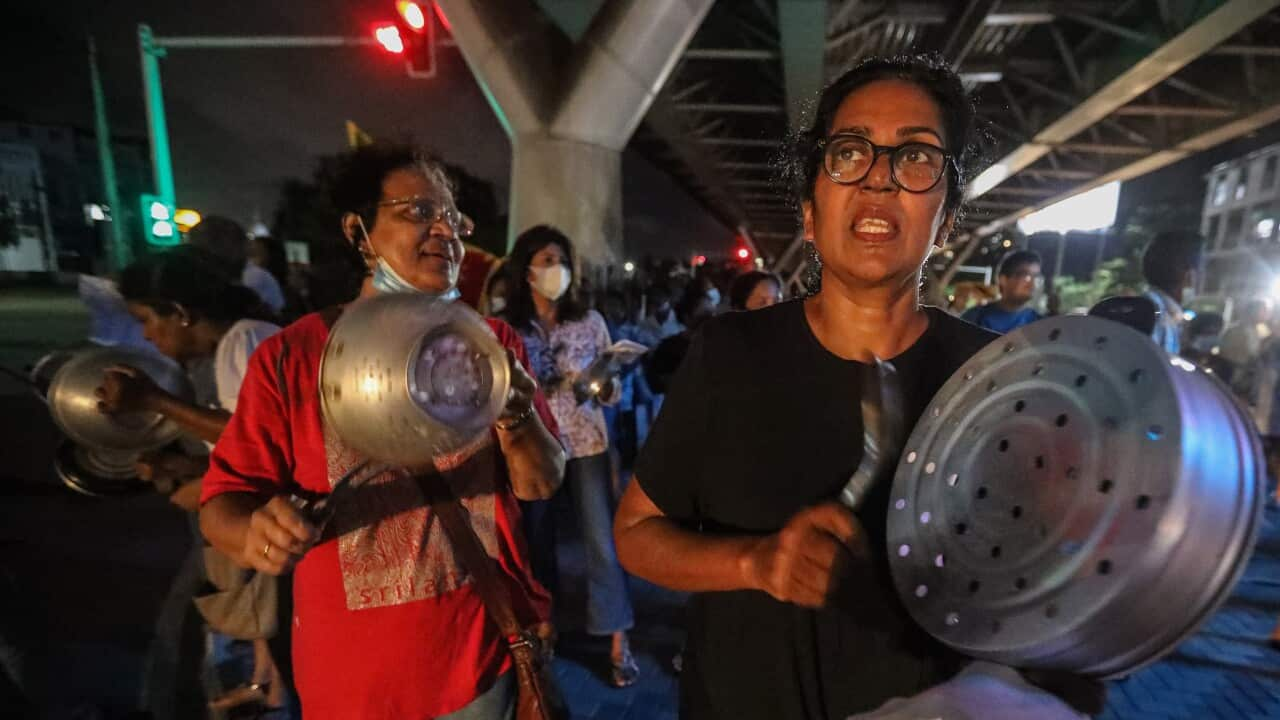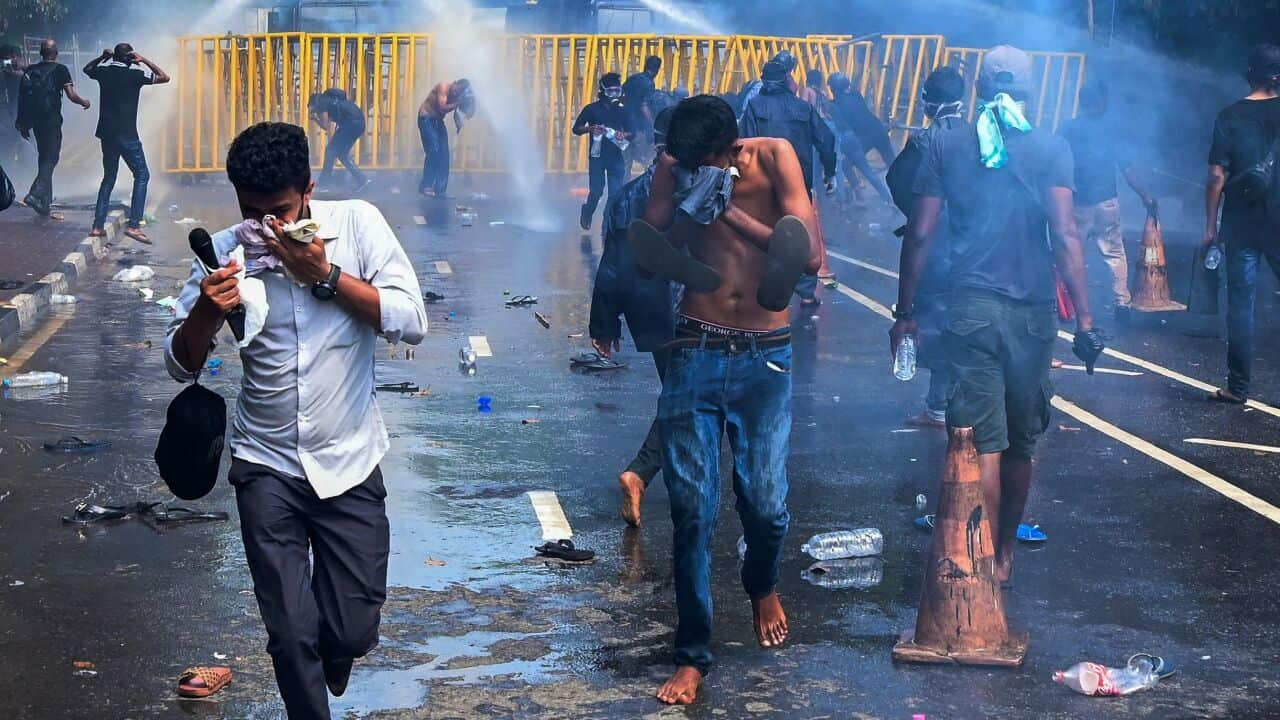Crisis-hit Sri Lanka is asking civil servants to take an extra day off each week to grow crops in their backyards in a bid to forestall a looming food shortage.
The island nation's unprecedented economic downturn has left several staple foods in short supply, along with petrol and medicines, and rampant inflation is ravaging household budgets.
"It seems appropriate to grant government officials leave for one working day of the week and provide them with the necessary facilities to engage in agricultural activities in their backyards," a cabinet statement said Tuesday.
The extra day off would be a "solution to the food shortage that is expected to occur in the future", the statement read, adding that cutting down on civil servant commutes would also help reduce fuel consumption.
Thousands of impoverished women began receiving food aid Thursday as part of a United Nations emergency response. Last week the United Nations warned Sri Lanka was facing a "dire humanitarian crisis", and said four out of five people in the nation of 22 million were forced to skip meals.
The World Food Programme (WFP) of the UN said it began distributing food vouchers to about 2,000 pregnant women in Colombo's "underserved" areas as part of "life-saving assistance".

Protesters shout slogans during an anti-government protest rally in Colombo, Sri Lanka, on 9 June 2022. Source: AAP / EPA
"When they skip meals they're putting their and their children's health at risk," she said.
The WFP said the distribution of cash vouchers with a value of 15,000 rupees ($40) was part of the UN's efforts to help three million Sri Lankans badly hit by soaring prices.
The world body is trying to raise $60 million for the food relief effort between June and December.
The WFP said it also wants to help a million children have access to at least one meal at school. They also want to provide "nutritionally fortified food" to another million mothers and children. In addition, food rations by way of food, cash or vouchers will be given to another million people, the WFP said.
Motorists, meanwhile, have suffered through months of chronic petrol and diesel shortages, and long queues of vehicles outside filling stations are a regular sight around the country.
Public employees will have every Friday off for the next three months without a pay cut, according to the cabinet decision, but the arrangement will not apply to essential services staff.
The government also said any members of the 1.5 million-strong public sector who wanted to travel abroad to find work would be given up to five years of unpaid leave without affecting their seniority or pensions.
The move is aimed at encouraging more people to get foreign jobs and send money back to the island, which is labouring under a critical shortage of foreign currency to buy imports.
Sri Lanka has defaulted on its $51 billion foreign debt and is in talks with the International Monetary Fund for a bailout.
Public protests have demanded the resignation of President Gotabaya Rajapaksa over the mismanagement of the country's economy and the severe hardships facing its people.
Mr Rajapaksa introduced sweeping tax cuts soon after coming to power in November that have been blamed for leaving the island without the means to pay for essential imports.
The cash shortfall was worsened by the COVID-19 pandemic, which savaged the local tourism industry and cut remittances sent back home by Sri Lankans working abroad.



